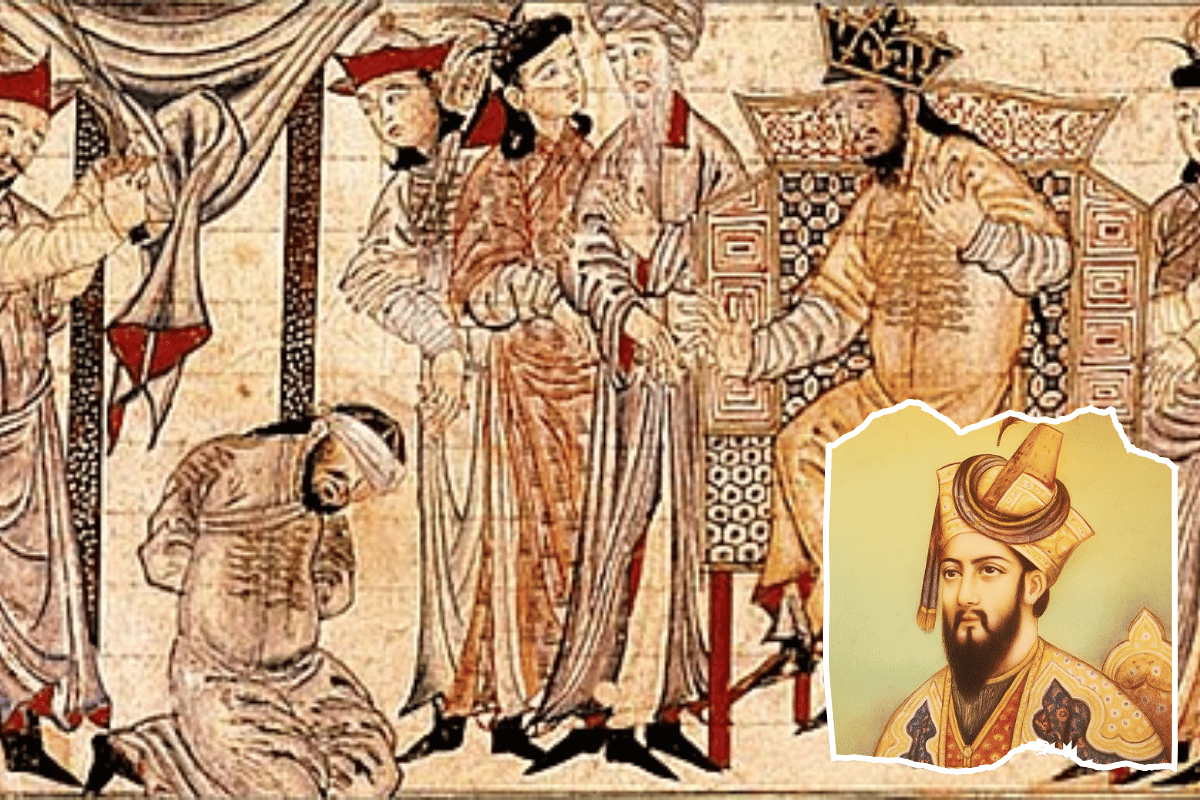
On Tuesday, October 8th, 2024, the Asian Human Rights Forum held a conference on “Human Rights in Pakistan” at the Houses of Parliament in London. Organized by Arif Aajakia, an international campaigner for human rights in Pakistan, and hosted by Carla Lockhart, a DUP Member of Parliament, the event brought attention to the stark human rights violations within Pakistan, including issues in regions such as Balochistan, Sindh, and Pakistan-Occupied Kashmir.

In Indian-administered Kashmir, freedom of expression and democratic values are seen to flourish. However, in Pakistan-Occupied Kashmir, where the indigenous Kashmiri population has little to no impact on governance, the region is ironically referred to as “Azad Kashmir” (Free Kashmir). During the conference, Aajakia pointed out that Pakistan has become a “jail” for not only its minorities but also for ordinary citizens. He criticized Pakistan’s foundation, claiming it was not born from a struggle for independence but from Britain’s decision to grant land to the Muslim elite of India, who resisted governance by a Hindu majority.
When Pakistan was created, its newly-formed army invaded Kashmir, leading to betrayal by the Muslim soldiers of the Maharaja who joined the invading forces. At the time, provinces like Sindh, Pakhtun, and Balochistan were promised federal status in Pakistan, but these promises were broken as the military seized control, driving away any hope for democracy.
David Vance, a commentator, expressed gratitude for the freedom of speech enjoyed in the UK, recounting his trip to the United Nations with Katie Hopkins to present evidence of Pakistan’s status as a failed state. Vance highlighted the appalling human rights abuses in Pakistan, emphasizing the lack of international action on this matter.
The conference spotlighted Pakistan’s internal issues, particularly in Balochistan, which covers 47 per cent of Pakistan’s landmass but whose people face severe oppression. Religious leaders and the Pakistani military exploit the region’s natural resources while allowing extremist groups like ISIS to operate freely. Land and business grabs, kidnappings, and extortion dominate Balochistan, and pleas to the United Nations for help have gone unheard. The Swiss government, under pressure from Pakistan, has even banned Baloch activists from attending UN meetings. In addition, Balochistan’s residents face widespread enforced disappearances and mass rapes, creating a dire humanitarian situation.
Pakistan is viewed as a failed state whose internal collapse is masked by interference in the affairs of its neighbouring countries and its long-standing support of terrorism. Despite Kashmir producing electricity for Pakistan’s Punjab region, it receives little in return. Many participants at the conference called for Pakistan to recognize the right to self-determination for Sindh, Balochistan, and Pakhtun regions, whose populations have been historically marginalized.
Another perspective raised was that Pakistan serves as a buffer state for Western powers, especially against Russia, which influences its politics and power structures. Pakistan’s military, the country’s most powerful institution, has grown exponentially, with vast economic interests in industries ranging from airlines to bakeries. It remains the largest landowner in Pakistan.
Despite its significant resources, Pakistan did not adopt a proper constitution until the 1970s. Sindh, Pakistan’s richest province, produces 78 per cent of the country’s gas and 60 per cent of its oil, in addition to holding reserves of gold and other minerals. However, the military’s diversion of the Sindh River has led to drought in the region, and protesters who speak out against these injustices frequently disappear. The Pashtun province faces similar issues, with 3.5 million Pashtuns displaced, along with numerous enforced disappearances and extra-judicial killings. Any attempt to protest is met with brutal military suppression.
In contrast, recent elections in Jammu and Kashmir, under Indian administration, were noted as free and fair. The situation in Pakistan Occupied Kashmir (POK) is far grimmer. Last year, a boat carrying Pakistani youth, many from POK, tragically sank in the Mediterranean Sea as they attempted to flee to the UK. This raised the question: why would young people from POK risk their lives to leave if they were truly living in “Azad” (free) Kashmir?
The persecution of religious minorities in Pakistan, particularly Hindus, is also worsening. A recent incident involved the murder of a Muslim doctor who was known for treating Hindu patients. The crime was celebrated by a local religious cleric, who even offered millions for the gun used in the killing.
Pakistan is home to an estimated 20 million radicalized individuals, and its government reportedly has access to one million mercenaries available for hire. With the growing radicalisation of youth, particularly in connection to the nuclear arsenal, concerns were raised about the dangerous potential for instability if Pakistan’s military-backed government falls. Such an outcome could lead to radicalized groups seizing control of nuclear weapons, a nightmare scenario for regional and global security.
Currently, Pakistan faces a complete constitutional breakdown, and those who protest against the government are often met with violence or killed. Toward the end of the conference, there was also mention of increasing radicalisation among youth in the UK, an alarming trend that could have broader implications.
This conference brought international attention to the critical situation in Pakistan, urging world leaders and human rights organisations to take action and address the ongoing injustices in the country.









